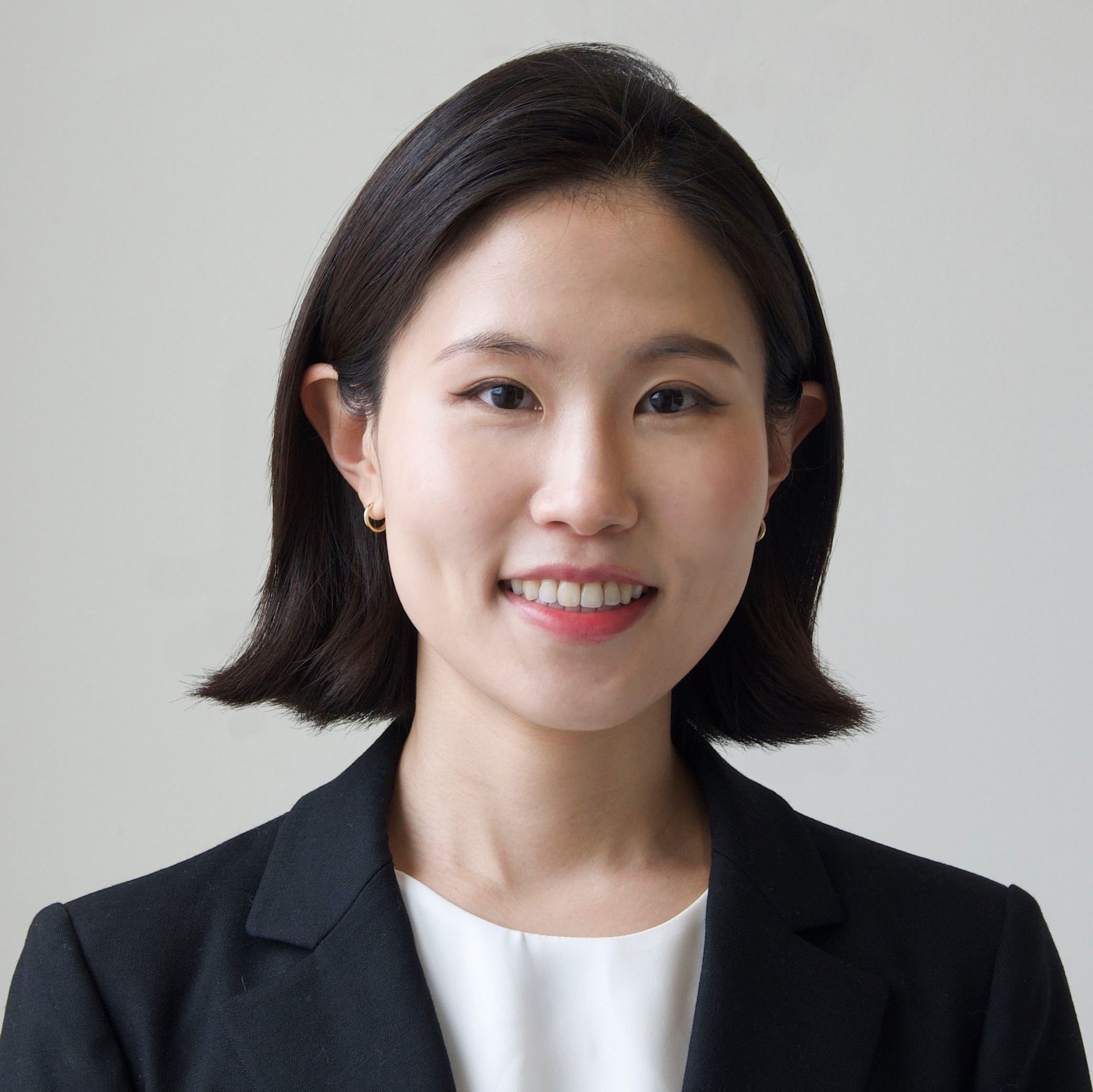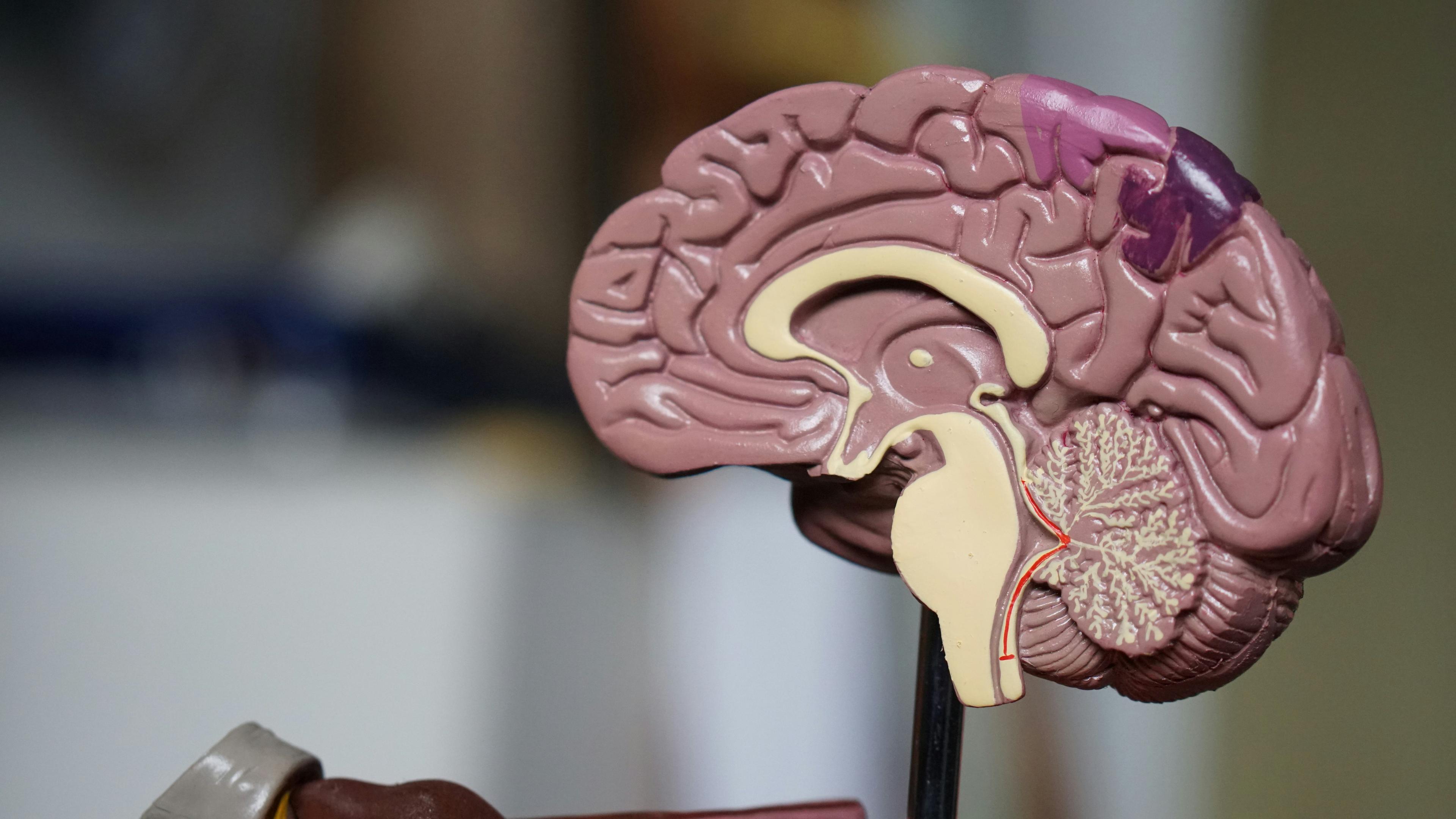Understanding Dementia: Exploring neurodegenerative disease through real world case studies
This Pod will meet once per week for 6 weeks, starting on March 11, 2024 at 8:00pm EDT/5:00pm PDT, with the last session being Monday April 15, 2024.
By enrolling you confirm this time works for you.
Date and time
Monday, 8:00pm EDT/5:00pm PDT
Group size
1-6 students
Outcome
A published case study analysis in a pre-print research archive.
Tuition
$495

TAUGHT BY
Lucie
Case Western Reserve University MD/PhD candidate in Genetics

Sign up to be the first to know when we launch new Pods.

Understanding Dementia: Exploring neurodegenerative disease through real world case studies
Dementia refers to a loss of memory, language, problem-solving skills, and other thinking abilities that impact someone’s daily living. Currently, more than 55 million people in the world have dementia. It is projected that someone in the world develops dementia every 3 seconds. Dementia is not a single disease. It is comprised of multiple brain diseases that present differently from one another at the early stages of the disease course and have different underlying causes. In this course, we will use clinical cases to learn about different types of dementia, unique brain changes seen in different diseases, and the diagnosis process at the dementia clinic.
ABOUT THE MENTOR
Lucie
Case Western Reserve University MD/PhD candidate
I was born and raised in South Korea until I came to the US for college. In college, I majored in Biomedical Engineering and worked on designing novel drug delivery systems for cancer therapeutics. After I graduated, I worked as a research technician in a cancer biology lab. Now I am at Case Western Reserve University doing MD/PhD program. My PhD work is on elucidating the pathogenesis of a rare pediatric neurodevelopmental disorder and discovering potential therapeutics. I enjoy being physically active, so I exercise regularly and try new sports with my friends. This summer, I started jogging again with my classmates, and I plan to learn how to do rock climbing and return to learning how to play golf. Outside of research, I am passionate about serving older people, so I volunteer at the local nonprofit organization, Benjamin Rose Institute of Aging.

Understanding Dementia: Exploring neurodegenerative disease through real world case studies
Week by week curriculum
Week 1
Week 1- Introduction to Human Brains: Prior to the session, students will be given a short reading assignment overviewing different causes of dementia and basic brain anatomy that can be affected by different types of dementia. Students will be asked to write down vocabulary/concepts they don’t understand fully in the class so that we can discuss them together. During the session, we will introduce each other to the group and come up with learning objectives and goals for this course together. Also, we will set up norms we all want to adhere to throughout the course. We will also briefly discuss the reading assignment to ensure everyone is on the same page. The goal of the first session is to gain foundational neuroscience knowledge that will help students interpret dementia pathology.
Week 2
Week 2- Clinical Case 1: Prior to the session, students will be given the first half of the clinical case that briefly discusses why the “patient” scheduled a visit to our clinic. Students will be asked to develop 5 questions they would like to ask the “patient” during the visit. During the session, the rest of the case will be revealed. The rest of the case will include different screening tools and laboratory test results for the “patient”. We will read through the case together and discuss the significance of different tools we use to narrow down underlying causes of memory problems. If the rest of the case doesn’t answer some questions students came up with for their assignments, we will ensure to discuss them.
Week 3
Week 3- Clinical Case 1: Prior to the session, students will be asked to come up with a “differential diagnosis” of the patient. A differential diagnosis is a list of conditions that share the same symptoms seen in the “patient” to help make a final diagnosis. The differential diagnosis will direct us to offer tests to rule out conditions and lead them to find the cause of your symptoms. During the class, we will discuss the differential diagnosis list students made to rule in and rule out potential conditions. Once we agree on the potential diagnosis of the “patient,” we will discuss treatment plans for the “patient.” We will use this as an opportunity to learn about current therapies available for patients with this condition.
Week 4
Week 4- Clinical Case 2: Prior to the session, students will be given the entire Case 2. Students will be asked to compare Cases 1 and 2 and come prepared to the session ready to discuss. During the class, students will discuss the case together and revisit different causes of memory loss we discussed during the first week. We will discuss how Case 2 is similar or different from Case 1. After the discussion, we will come up with a differential diagnosis together and treatment plans for “patient 2”.
Week 5
Week 5- Clinical Case 2: Prior to the session, students will be asked to do research on the differential diagnosis we came up with together. Each student will be asked to research a different condition and prepare to give a 5-minute presentation briefly explaining the condition to the group. During the class, we will go over presentations and give each other feedback and then discuss the rest of the case and discuss treatment plans for the patient.
Week 6
Week 6- Journal Club: Before the session, students will be asked to come up with a research question or anything they are curious about dementia. The last session will focus on how to read primary articles. We will go over how to use primary article databases like Pubmed to look up a primary article of interest. I will introduce how to skim through a primary article with scientific jargon efficiently, and we will practice skimming through the article we chose and summarizing it to the group.